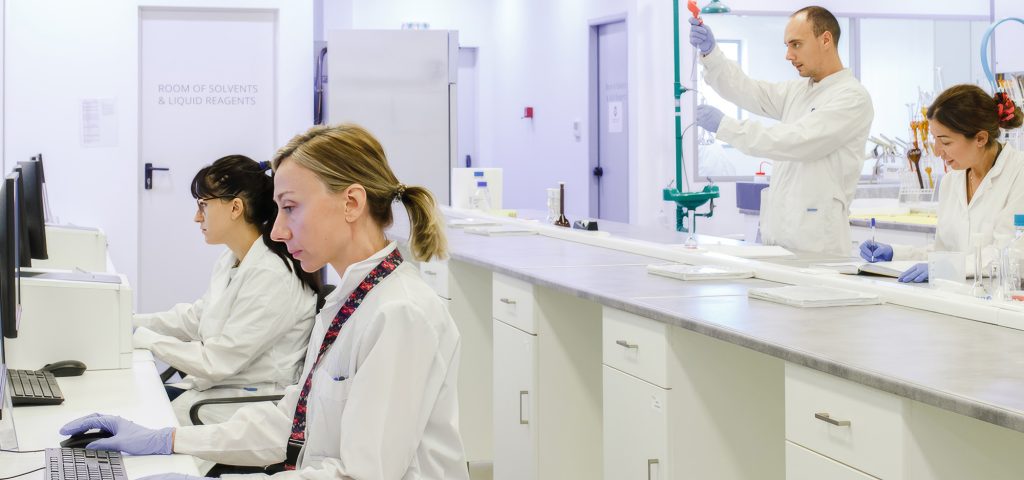The landscape of medicine is constantly evolving, driven by technological advancements, changing patient needs, and the perpetual pursuit of improved medical care. Yet, at the heart of these advancements lies a complex challenge – the identification and addressing of unmet medical needs. This critical topic, which serves as a sobering reminder of the gaps in patient care and treatment, represents conditions for which there are no effective treatments or a lack of sufficient medical strategies. Understanding and addressing these needs is not just a matter of scientific exploration but a moral imperative for the advancement of global health.
Unmet Medical Need and its definition
An unmet medical need is a condition or disease for which there are no adequate therapies or where existing treatments fall short in efficacy, safety, or accessibility. This can range from rare diseases with no current treatments to common conditions where patient outcomes can significantly be improved. Unmet medical need refers to health conditions or patient populations for which there are insufficient or inadequate treatment options available. This term encompasses a range of situations where existing therapies may be ineffective, unavailable, or unsuitable for addressing specific health challenges, as defined in Europe by Article 4 paragraph 2 of Commission Regulation (EC) No. 507/2006.
For patients, unmet medical need represents a significant burden, often leading to prolonged suffering, diminished quality of life, and increased morbidity and mortality rates due to the lack of effective treatment options. They may experience ongoing symptoms, progression of their diseases, or complications arising from insufficient therapies.
Pharmaceuticals and healthcare professionals face challenges when dealing with unmet medical need, striving to provide the best care possible but limited by the availability of effective treatments. This scenario can result in professional frustration and ethical dilemmas, as they navigate the complexities of managing patients with conditions that lack suitable therapeutic options.
Unmet medical need and its causes
Unmet medical need stems from a myriad of factors, each adding layers of complexity to the challenge of providing effective healthcare solutions. Among the most prominent reasons are:
- Scientific and Technological Limitations: The absence of necessary knowledge or technology can hinder the development of effective treatments.
- Economic Factors: Diseases with a small patient population may be deemed unprofitable, leading to minimal investment in research and development.
- Regulatory Hurdles: Both stringent regulatory environments and the lengthy approval processes can significantly slow down innovation and the market introduction of new treatments.
- Global Health Disparities: Differences in healthcare infrastructure and access across regions, especially in low-income countries, further exacerbate unmet needs.
Adding to these, lack of effective treatments, limited healthcare access, disease complexity, and variability are commonly cited issues. Yet, there are additional aspects to consider:
- Underrepresentation of Certain Populations: Minorities, children, and individuals with rare diseases often have limited representation in medical research. This leads to a poor understanding of their healthcare needs and a lack of tailored treatments.
- Market Dynamics and Profitability Concerns: Innovator companies may hesitate to develop specialized dosage forms for niche markets, including specific subpopulations, due to concerns over profitability.
Each of these factors contributes to the persistence of unmet medical needs, underscoring the necessity for a multifaceted approach in addressing the healthcare challenges of today.
Addressing the Unique Challenges in Drug Development for Rare Diseases
The Orphan designation, a pivotal strategy in drug development, specifically targets the intricate challenges linked with creating therapeutic solutions for individuals afflicted by rare diseases. This initiative, recognized and implemented both in Europe and the United States, aims to foster innovation and investment in treatments that might otherwise be economically unviable due to the small patient populations involved. Despite its successes, gaps remain in catering to specific subpopulations that urgently require tailored medicinal formulations. Among these are:
- Pediatric patients in need of child-friendly dosage forms like oral liquids, which, when available, sometimes contain excipients unsuitable for children, such as propylene glycol.
- Individuals with dysphagia
- Patients suffering from concomitant conditions needing special formulations (for instance, sugar-free for diabetics or lactose-free for those with lactose intolerance)
- Patients who necessitate specialized dosing strategies face significant challenges.
These situations highlight the critical need for continuous innovation and regulatory support to ensure that the benefits of Orphan designation and drug development efforts extend to all individuals with rare diseases, regardless of their specific, unmet medical requirements.
The challenge of unmet medical need is multifaceted and demands continuous attention. For the pharmaceutical industry, it represents an opportunity to truly make a difference. Innovating with a purpose to fill these gaps can not only drive business success but also significantly advance patient care and global health outcomes.
FAQs for Unmet Medical Need
1. How are unmet medical needs identified?
Unmet medical needs are identified through a combination of clinical research, patient advocacy, and healthcare provider insights, highlighting areas where current treatments are inadequate.
2. What role do patients play in addressing unmet medical needs?
Patients are vital in identifying unmet needs, particularly through patient advocacy groups, which raise awareness and drive research and development focus areas.
3. How can healthcare professionals contribute to addressing these needs?
Healthcare professionals can contribute by participating in and facilitating clinical trials, staying informed about the latest research developments, and advocating for their patients.
4. Are there any incentives for pharmaceutical companies to focus on rare diseases?
Yes, regulatory bodies offer incentives such as extended market exclusivity, tax credits, and assistance with clinical trial designs to encourage the development of treatments for rare diseases with high unmet medical needs.
